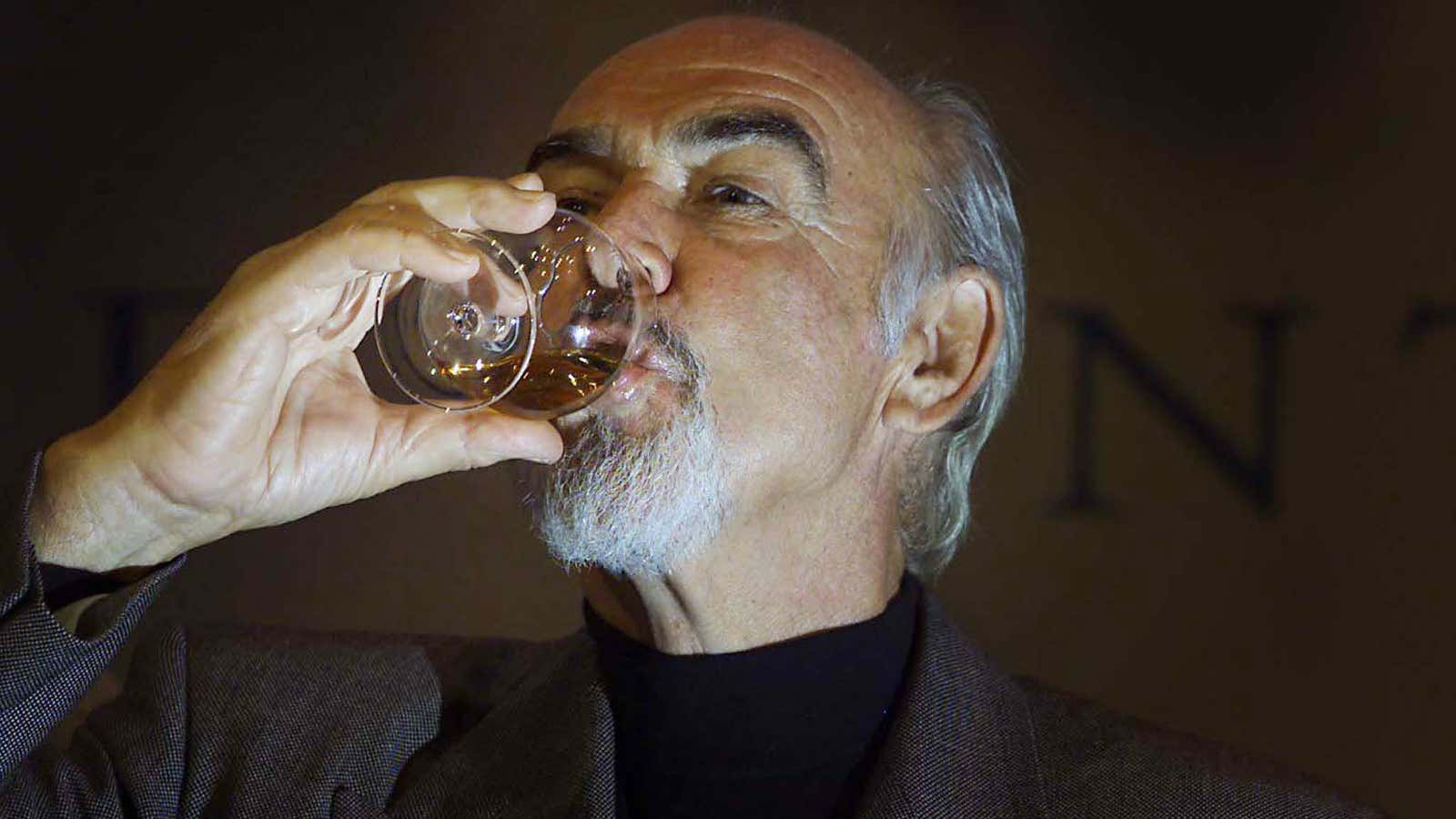Who knew whisky could be so useful?
Researchers from the Environmental Research Institute in Scotland are hoping to clean up toxic waste at the infamous Dounreay nuclear site using biosorption—where biological materials use their metal binding capacity to absorb radioactive isotope. In particular, researchers are testing out waste coffee grounds, seaweed, and crab shells to absorb strontium—and the grains left behind after making whisky.
Dounreay was used to dump radioactive waste, which stopped following an explosion in 1977. The explosion is thought to have worsened existing issues of contamination. The situation was so dire, in fact, that in 2011 the Scottish Environment Protection Agency had abandoned its goal of removing all radioactive contamination on the north coast of Scotland.
Mike Gearhart, who leads the Dounreay Shaft and Silo project team, told the BBC: “We are pleased to be working with ERI to identify a sustainable solution that can be sourced locally,” adding, “We still have a number of issues to address but results to date have been very promising.”
Biosorption has been used to extract gold and silver and used to remove metals that present environmental risks such as copper, arsenic, and mercury from water waste. Researchers are comparing the ability of natural material to remove non-radioactive strontium from waste with the range of commercial adsorbents currently used.
